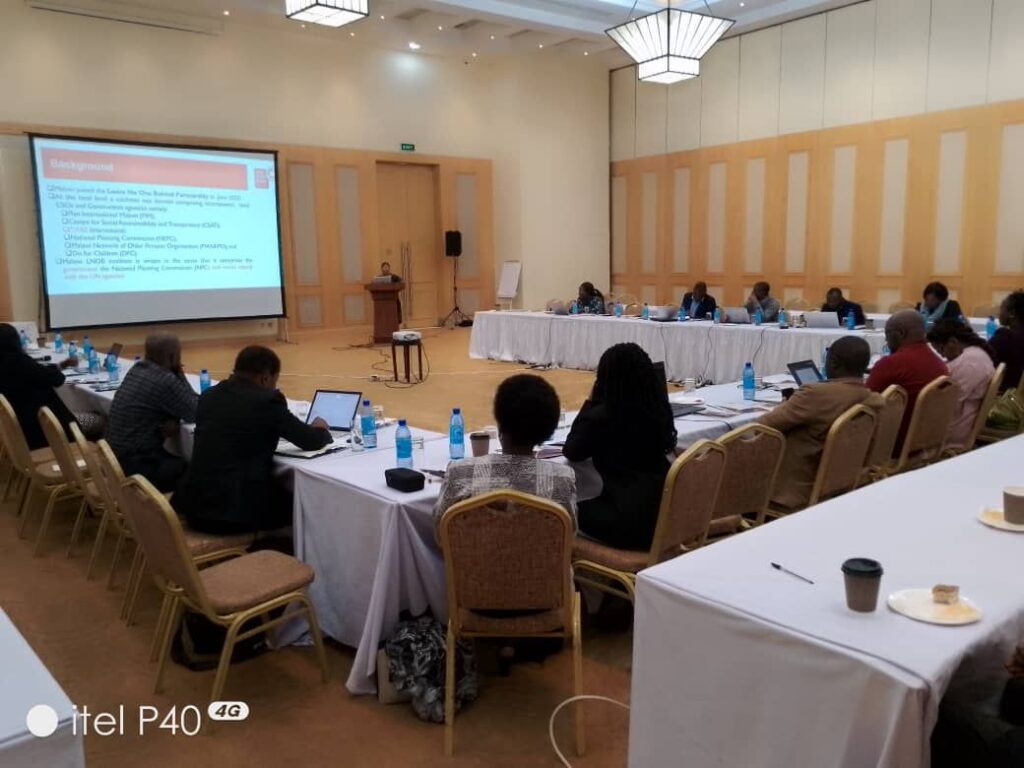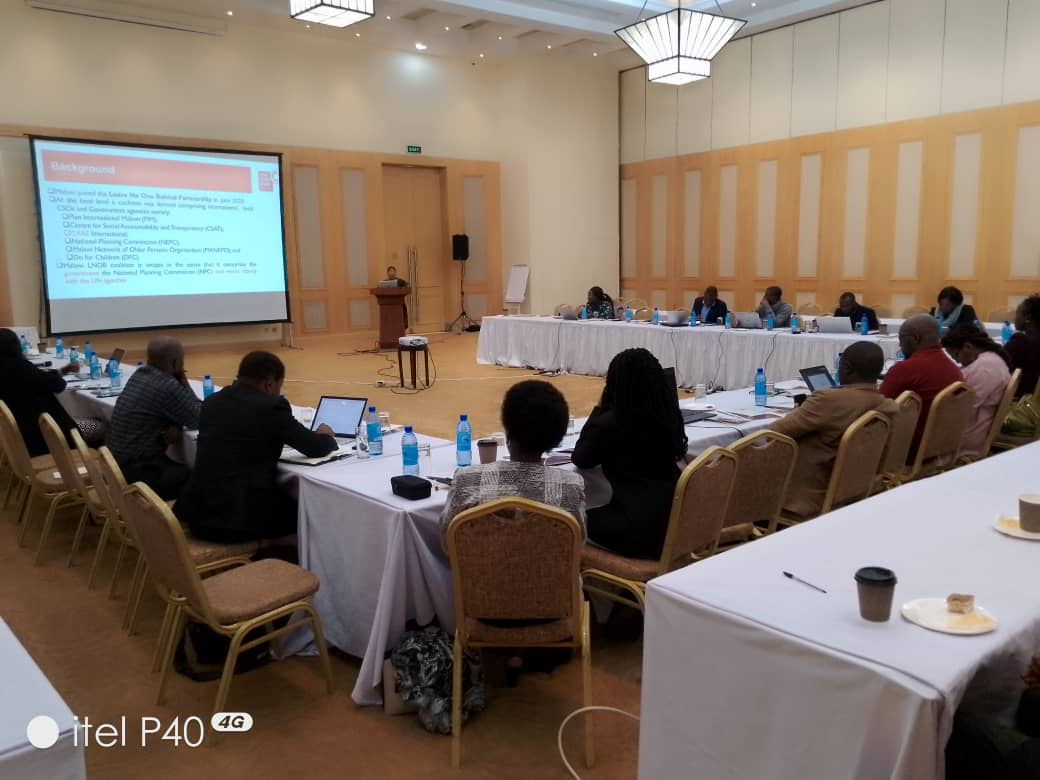By Dean Chisambo
Citizen Generated Data (CGD) is conducting infectious disease data scooping study which will help the country to make informed policies that have got evidence.
CGD coordinator in the UN foundation and Strathmore University Dr Mary Shawa said it is against the background, when they checked the performance of the Sustainable Development Goals( SDG’s) they found out that most of them will not be attanded because the data is not available as evidence.

Shawa stated that one way of making sure that data is collected, is that the citizen generated data approach was identified.
She mentioned that Malawi is one of the six countries that was asked to champion the CGD to combat environmentally sensitive infectious diseases namely: Cholera, Dengue fever and Schistosomiasis after they did their study in 2022 and they submitted a report in 2023.
Shawa further said from the basis, the global noted that Malawi is ready to use information from an ordinary man in the village who is marginalised and who is his voice never heard.
She said: “the aim is to make sure that his voice must be heard and the voice must be taken on the decision making table, so that it can change the things.
Shawa further disclosed that one of things they did is to collect data on social cash transfer and Affordable Input Programme ( AIP), the report was sensitive which they could not estimated .
She said that they noted that the social cash transfer has changed interms of increasing the number of participants, recepient and also increasing the amount of money the individuals are getting.
She added that when they will collect data people will say their concerns, immediately the data goes to decisions makers which will use the recommendation from the ordinary persons to change and approach the programmes that will help some SDG’s to be achieved.
On her part Inclusive Data UN foundation Karen Bett said they want to identify the role of the citizens and to make sure that they understand the skills, the capacity,the gaps and how they can support the ministry of health,CSO’s as well as direct citizens to address infectious diseases.
She described that the scoping is very short, they are hoping to have the findings ready by January 2025 and they will disseminate the findings and share it.
The UN foundation and Strathmore University are supporting the infectious disease data scooping financially .The six countries which are requested to do the Global scooping study are Malawi, Ghana, Kenya, Dominican Republic and Colombia.



